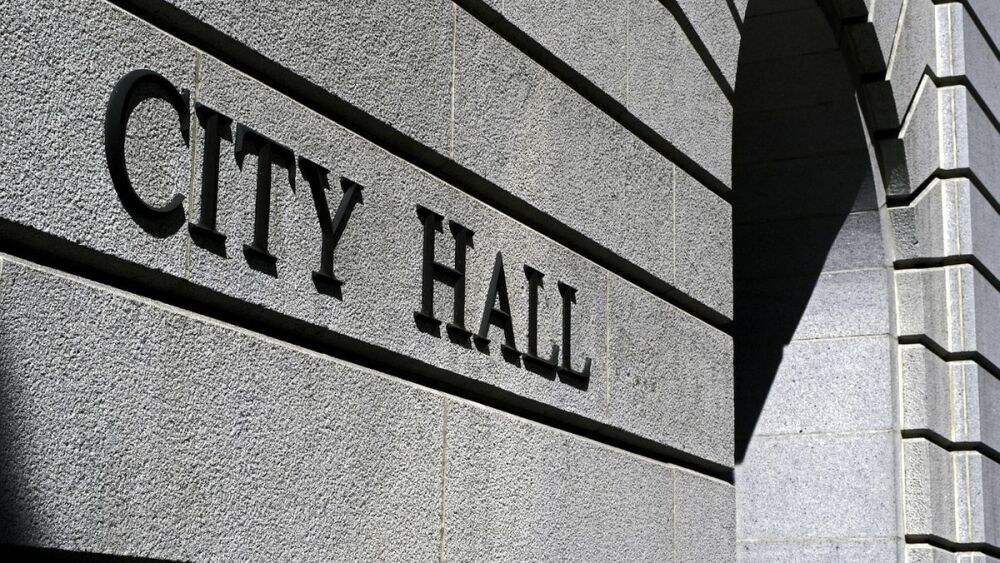By Kristina Shevory
Forbes
Is tech making government work better? That was the question tackled by an expert panel at the Techonomy Policy conference in Washington in early June. The summary answer: a little bit, but not nearly as much as it could. There’s no question technology can make government more effective, deliver more efficient government services to citizens, and help officials make better policy decisions. But there are two primary impediments to fulfilling that potential–bureaucracy (no surprise), and a general fear of the new.
The U.S. government spends in excess of $80 billion annually on technology, and states spend $50 billion more. Yet numerous audits and studies have shown that 20 to 25 percent of this money is being wasted, said panelist Aamer Baig, a senior partner at McKinsey & Co. And citizens appear to realize it. In a McKinsey survey co-led by Baig last year, Americans said they were less satisfied with the federal government than with companies—even cable companies, the type most notorious for their poor service.. Citizens also say they want government to serve them when and how they want. As all of us are living on our mobile devices and on the Net, and increasingly interacting with companies and other institutions that way, we want the government to serve us that way as well.
“Do we believe that citizens are getting that much value from the investment in technology?” said Baig. “No.”












